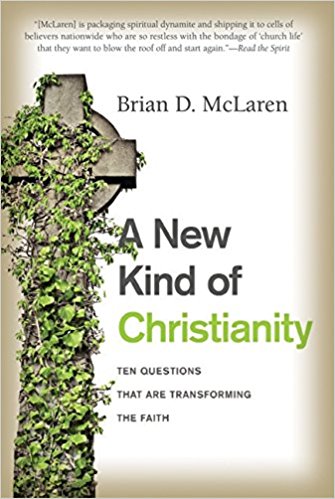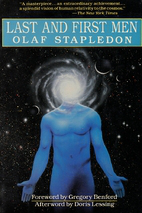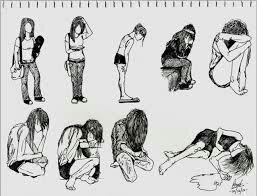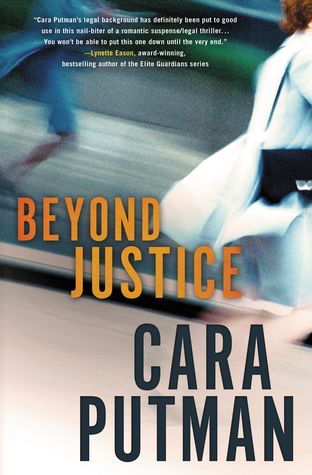
I was browsing through a book at a friend’s house over Christmas which had been recommended to him by his Baptist minister Brian D. McLaren’s, A New Kind of Christianity was an enlightening read; right across the spectrum of the church – from evangelicals to liberals – a new strategy for changing the church is being adopted.
Times change along with our thinking and the church’s teaching needs to respond accordingly. That’s not straightforward, especially in a church where its leader’s declarations are said to be infallible. Some have likened it to altering the course of an ocean liner, so the hope of a new strategy for change is welcome and overdue.
One approach has been to examine. For example, most people no longer believe in the devil but to make a lasting difference this has to be written into the formal beliefs and liturgies of the church. Within the context of infant baptism, parents and priests are required publically to declare their commitment to “fight against sin, the world and the devil” yet privately most will feel the concept is outmoded and inconceivable.
A second strategy is to leave the credal statements as they are and reinterpret them. If there is little hope of getting the church to say “We don’t believe in hell any longer” then ministers can say “I do believe in hell but it’s here, now, among us in the midst of war and famine.” Sooner or later, though, they will be challenged – “So you don’t really believe in hell, do you?”
A third strategy which I proposed in Agenda for Faith, is to say that the faith of the church hasn’t changed but philosophy has. Our understanding of meaning, truth and the self is radically different from that of the ancient Greeks upon whose philosophy most credal statements and doctrines are based. However not many congregations are prepared to tolerate sermons on 21st century philosophy.
Another strategy I adopted in God in the Bath is to show that classical orthodox theology is far more radical than it appears. Thomas Aquinas, for example, who is often regarded as a model of church teaching wrote that “God is not a thing that exists but existence itself”. Whatever “existence itself” might mean, it exposed the metaphorical nature of all religious language.
More recently a new strategy has emerged and has been adopted by radicals and evangelicals alike. Raimon Panikkar, a Spanish Roman Catholic priest and scholar, put forward the view that the history of the Christian tradition can be divided into three periods. In the first, Christendom, culture, faith, political life and territory coincided. People centred around a single ideological world-view and anyone who disagreed was locked up or burnt.
With European exploration and the discovery of the New World, Africa and India, Christendom gave way to Christianity, an integrated system of beliefs which stood in contrast to “-isms” such as Hinduism, Judaism, Buddhism – words coined by the Christian West. With the wane of imperialistic ambitions and the intellectual challenge to systems of belief, Christianity, argued Panikkar, has come to an end. Christianity has given way to Christianness. Jesus, didn’t have a system of belief and his followers were described in the bible as followers of “The Way” . “To be Christian”, writes Panikkar (in Christianity: Opera Omnia Vol. III.2, A Christophany) “can be understood as the confession of a personal faith that adopts an attitude analogous to that of Christ.” Here’s a chance for the church to return to its roots without entangling itself in the doctrinal squabbles.
Share this:




